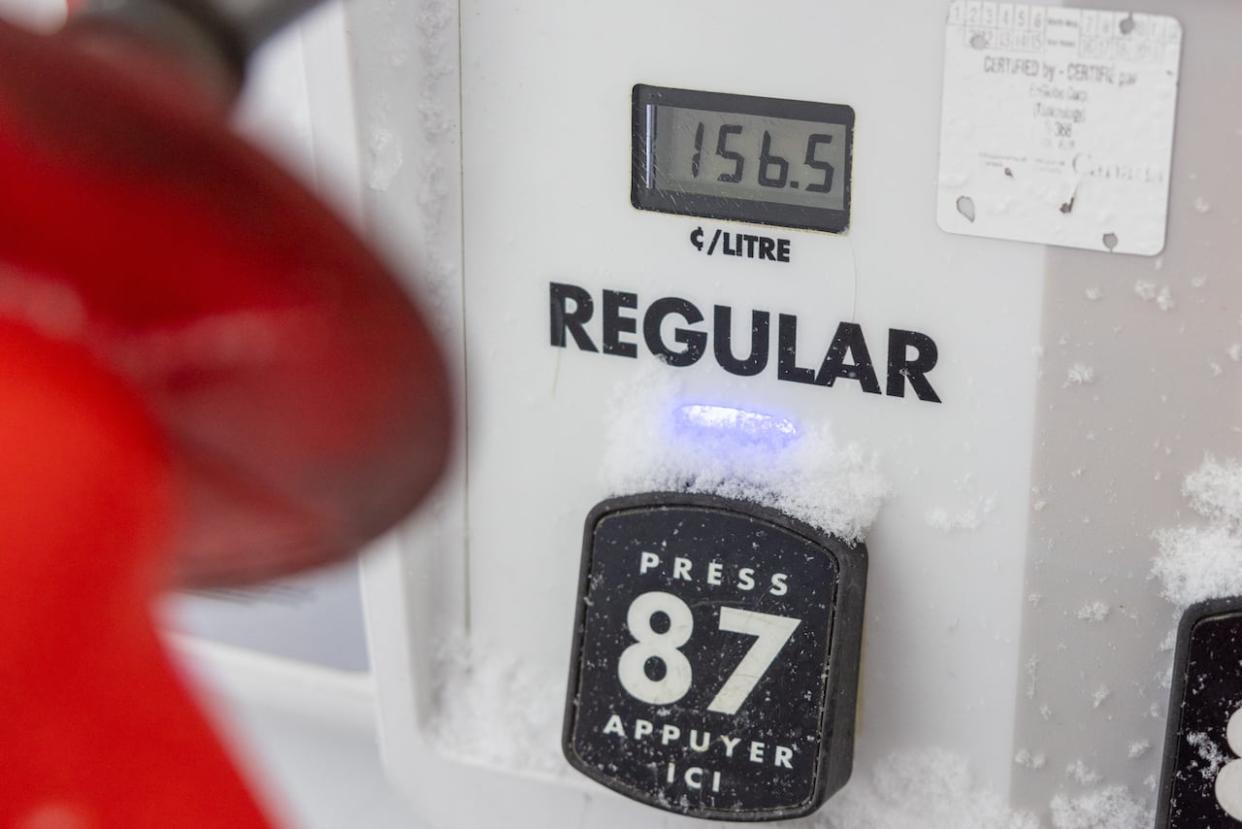Inflation on P.E.I. now 2nd-lowest in Canada, with gas costing less and food more

Prince Edward Island's inflation rate in January 2024 was 1.6 per cent compared to 12 months earlier, down a full percentage point from December 2023, according to figures released by Statistics Canada on Tuesday.
P.E.I.'s rate was the second-lowest in the country, behind Manitoba at 0.8 per cent.
The national rate for January was 2.9 per cent, down from 3.4 in December — a much bigger drop than most analysts were expecting.
Part of the reason behind the decline was lower prices for fuel products.
The price of regular unleaded gas on the Island was an average of $1.57 a litre in January, compared to about $1.85 in August and September 2023. It was also down from 12 months earlier, when it averaged $1.62 a litre.
Home heating oil was also down from a year ago, to $1.42 a litre compared to $1.66 in January 2023. It had cost much less in the summer months, as usual — you could get a litre for just over 98 cents in June.
Among the significant items that went up in price on P.E.I. over the past 12 months were:
Food (up 5.3 per cent)
Shelter (up 1.7 per cent)
Health and personal care (up 4.8 per cent)
Alcohol, tobacco and cannabis products (up 3.3 per cent)
The overall cost of household operations on P.E.I. was down by 1.9 per cent compared to a year earlier, and the clothing and footwear category dropped 2.6 per cent.
Statistics Canada uses the year 2002 as the base year for its calculations, and monitors the price of what is considered a standard basket of goods and services that Canadian households would need to purchase.
Interestingly, only the clothing and footwear item in that basket is priced lower than it was in 2002 on Prince Edward Island.
Islanders paid four percentage points less for clothing and footwear this January than they would have 22 years ago.


